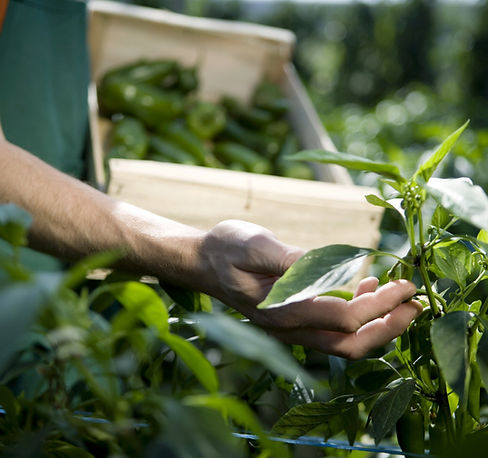The Human Legacy
“The monies that are going to space exploration should be used to save our own planet right now. We’re in a triage situation. Things are so grim. It’s World War III."
- Yvon Chouinard (2019)
People today are basically still the same physically, emotionally, and psychologically as those who lived in Catal Hüyük in 6,000 BC, or those who first came to California 30,000 years ago.
Yet now there are 7.6 billion people on Earth and the environment is less rich and abundant than it was during these earlier periods. For as long as humankind has been on Earth, people have changed the planet.


The Earth and Us
The new reality is clearly visible. One of the most striking aspects of photographs of Earth from space is the pattern and color of development. The cities and urban areas are gray and are spreading into the green areas with tentacles like a fungus or disease. It need not be that way, but many poor choices have been made and everyone has contributed to the changes that Earth is undergoing.
A look at each individual’s ecological footprint shows how large humankind’s impact has become. If everyone on Earth were to live as people do now in the United States, four, five, or even more planets would be needed.
First Steps to True Cost Accounting
The chartered accountants in Europe and Australia have taken positive steps. In the UK company directors now have to disclose climate change gas emissions. External costs of energy have been calculated in parts of the EU. And a growing number of economists now understand the issue.
Much more needs to be done in the US and other developed countries to fully implement true cost accounting. My new book, Accountability, offers a clear view of the task ahead. 334 pages 434 notes.
FROM: Amazon $19.99 pb $2.99 epub Spring 2023


Going solar in China
First Successes
The good news is that there have been enough successes around the world to demonstrate that we can do so much better. True cost accounting will help drive the change as people learn they can live well with very few adverse impacts and while restoring damaged environments. To do this, the present “waste-based” economy must yield to a material-efficient closed-loop economy based on sustainable management of renewable resources.
It will not be easy as it will take some significant changes in accounting, finance, and governmental policy. We know how hard it is to remove subsidies once companies, farmers, and ranchers are addicted to them.
For future generations it must be done — and soon.
A Key Element in Slowing Climate Change
Raoul Bocke, a member of the Dutch Parliament from the Democrat party addressed the need for true cost accounting in 2023. "Considering that a true pricing system can ensure better consideration of climate and environmental damage, making sustainable choices more attractive, I request the government to assess the sectors where true pricing is not yet implemented, I request the government to determine how consumers can gain more insight into the true price of products, and to explore the means by which the government can contribute to the establishment of a true pricing system, and inform the parliament about it in spring 2024.” This proposal received support from MP's of three other political parties: VVD, CDA, and Christian Union. It was approved. by Parliament. Hundreds of companies and thousands of consumers already support true cost pricing in the Netherlands and EU. The Dutch effort highlights the many innovative applications of this approach on farms, food markets, shops, boardrooms, town halls, and even the tax office.
